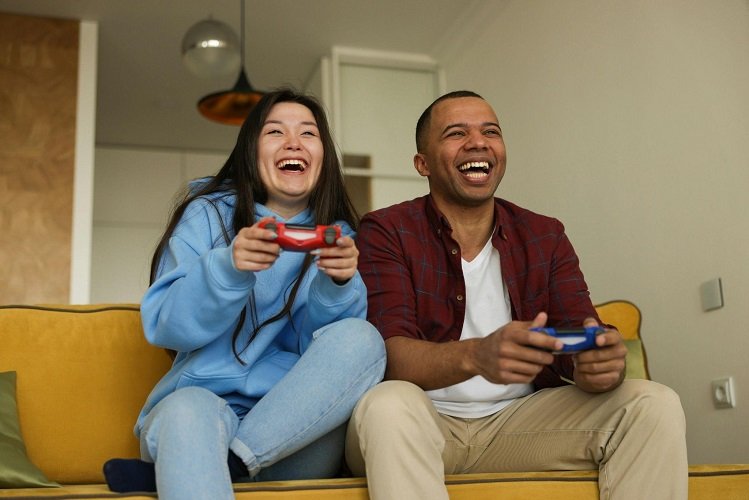When you’re stuck at home, it’s easy to fall into a loop: open your phone, scroll for a while, close it, repeat. Some days blur together. You might start with good intentions—maybe you even planned to learn something new—but then hours pass, and you’re not sure where the time went. Sometimes it leads to entertainment, like a quick round of jetx, which can be fun in short bursts. But when that time adds up, it can leave you feeling more drained than refreshed.
Still, being online doesn’t have to feel like a waste. The key is using it intentionally. There are ways to spend time online that are engaging, sometimes useful, and—most importantly—don’t make you feel guilty later.
Why “Productive” Doesn’t Always Mean Work
The word “productive” often gets tied to jobs, tasks, or study. But in reality, productive time can mean anything that adds value to your day—mentally, emotionally, or creatively. It might be something you learn, something you create, or even something that just clears your head.
Online spaces are full of options. But with so much available, people often get stuck in passive habits—scrolling, binge-watching, mindless browsing. These aren’t bad in moderation. But when they become the default, the day starts to feel like it’s slipping away.
Low-Effort, High-Value Online Activities
You don’t need to dive into full-time projects to make your online time count. Sometimes, small changes shift the balance. Here are some practical ways to use the internet without losing the whole afternoon.
1. Learn Something Short and Specific
Instead of promising yourself you’ll “start a course,” try looking up a single video or article about one topic. Not a full skill—just one idea. For example:
- How to chop vegetables faster
- What makes a photo more visually interesting
- How to set up a basic home workout
These quick lessons add up over time. And they create a better feedback loop than endless scrolling.
2. Organize Your Digital Life
You don’t need to clean your whole hard drive. Just one folder, or a few bookmarks. Organize photos, unsubscribe from junk emails, or clear off your desktop. It’s simple, but gives a real sense of progress.
3. Write Something That Isn’t for Work
Jot down your thoughts. Make a short list of things you’re grateful for. Start a personal document just for observations or small stories. Writing—without pressure—helps you think more clearly and reflect.
Stay Connected in Smarter Ways
The internet is social by nature, but messaging apps and comment sections don’t always leave us feeling better.
If you’re going to spend time online with others, try to make the interaction a little more active. You could:
- Join a forum or discussion group based on a hobby.
- Start a small group video chat—even if it’s just to hang out in silence.
- Play an online game with someone, but focus on the conversation, not just the win.
Being online with intention can bring people together in ways that actually feel meaningful.
Entertainment Isn’t the Enemy—But Set Limits
It’s fine to watch something. It’s fine to play a quick game or follow a livestream. Just avoid falling into the trap of “one more episode” or “five more minutes.”
Try setting a soft time boundary: watch one thing, then switch gears. Or, combine screen time with something offline—like stretching, drawing, or even folding laundry. Breaking up passive viewing with something tactile keeps you from zoning out completely.
Take Breaks from the Feed
One of the biggest reasons online time feels empty is because it often runs nonstop. Without breaks, it becomes background noise. A few tips:
- Step outside for five minutes without your phone.
- Change rooms when switching tasks.
- Sit quietly after finishing a video instead of auto-playing the next.
These tiny pauses help reset your focus and give your brain space to breathe.
Final Thoughts
Spending time online isn’t inherently bad—and it doesn’t have to feel like a guilty habit. What matters is how you use that time and whether it leaves you feeling better or worse afterward.
The goal isn’t perfection. It’s awareness. A bit of structure, a touch of curiosity, and some intentional effort go a long way. Whether it’s learning something small, organizing your digital world, or connecting in better ways, the internet can actually support your well-being—if you let it.
So the next time boredom hits and the screen calls, ask yourself: Is this what I really want to do right now? If the answer is yes, great. If not, there’s probably a better way to spend the next 20 minutes.

